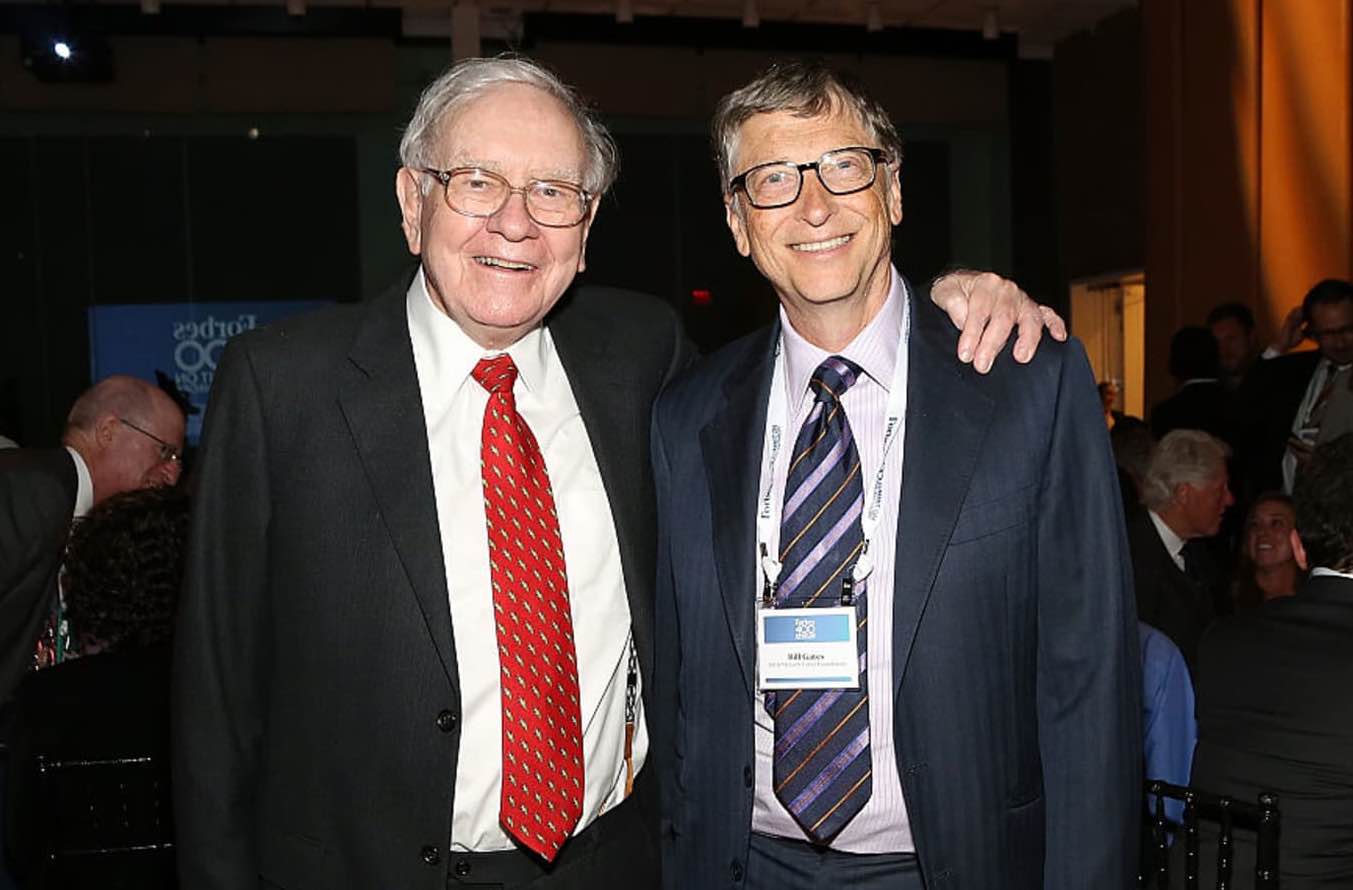ImpactAlpha, Oct. 5 – When online investors drove up the shares of GameStop in January, stock market watchers were captivated by the drama, which squeezed short sellers of the languishing game retailer and made fortunes for many small investors.
The “blip in the matrix” transfixed Felix Tabary, a Brooklyn-based native of France and veteran of two cybersecurity startups. “For a split second, there were a handful of people acting like a distributed, activist hedge fund,” he told ImpactAlpha.
Tabary and two friends founded Troop to tap into that same collective power to create positive change. Troop’s vision: to harness the energy and impact on display with GameStop and other “meme stocks” to help small individual investors influence corporate behavior on issues like climate change, private prisons, recycling and working conditions.
Just as large asset managers are increasingly engaging in “active stewardship” of the companies in their index funds, so too can small individual investors. Troop, along with other startups like Tulipshare and Tumelo, both in the U.K., are building tools to help retail investors vote on board candidates and shareholder resolutions and press major asset managers to reflect their priorities.
Retail investors account for between 10% and 15% of daily trading volume of the Russell 3000, the broadest U.S. stock index. The GameStop movement fizzled out because the investors had no understanding of their collective ownership position in the stock nor any long term, constructive goal beyond squeezing the shorts, Tabary says.
“We were really interested in figuring out what it would take to systematically repeat that kind of investing.”
Activating investors
Shareholder resolutions and issue-driven proxy fights, once largely symbolic, dramatically gained relevance this year when the hedge fund Engine No. 1 led an improbably successful campaign to elect insurgent directors to the board of climate laggard ExxonMobil.
Engine No. 1 recruited major pension funds, such as CalSTRS, and ultimately enlisted major asset managers like BlackRock and Vanguard to vote for at least some of the slate of outside directors.
At the annual general meetings of ConocoPhillips and its spinoff, Phillips66, large majorities of shareholders bucked management to approve shareholder proposals pressing for climate action. At Dupont’s meeting, 81% of shareholders asked the company to report on spills of plastic pellets, a major source of microplastics pollution. Next spring expect more resolutions on workforce issues and racial equity, including demands for racial equity audits of the differential impact of bank lending, hiring and even which groups are paying the most in overdraft fees.
“People are leaning forward,” says Engine No. 1’s Michael O’Leary. “It’s kind of like the shackles are off and let’s swing for the fences on some of these proposals.” Even losing campaigns can exert influence, and resolutions that meet a minimum threshold can be brought up again the following year.
After its ExxonMobil win, Engine No. 1 launched Transform 500 exchange-traded fund, which holds the 500 companies in Morningstar’s large-cap index of U.S. stocks. Differentiating Engine No. 1 is its activist approach, including supporting shareholder resolutions and voting against directors if they are unresponsive.
Retail politics
Funds such as Engine No. 1 typically focus their efforts on institutional investors, like pension funds and fund managers, with significant holdings. Small investors may hold similar convictions – and stocks – but have largely been left out of the shareholder-engagement party. Fewer than one in 10 individual investors vote their shares.
One obstacle: Most of their stock holdings are through mutual funds, index funds and ETFs, which assign voting control to fund managers like BlackRock, State Street and Vanguard. And individuals that do own shares outright are often put off by the complex process and voting materials.
Troop aims to simplify that process and work with progressive activist hedge funds to bring retail support to their campaigns. The team is building an app that will educate retail investors about social, environmental and governance issues at public companies and enable them to join investor campaigns by pledging shares they already hold in brokerage accounts or buying a minimum number to be able to vote.
Some of the investor campaigns it initially has its eye on: a push to get private prison builder CoreCivic to include an ex-convict on its board to protect against systemic abuse, and another to get meal kit provider Blue Apron to reduce its packaging.
Currently, “When an activist investor targets a company, they take the shareholder base as is,” says Tabary. With a concerted campaign, tools like Troop could help such funds change the shareholder base, essentially attracting new shareholders for the purpose of voting on directors or resolutions.
Troop plans to charge hedge funds on a per-campaign basis for its outreach and proxy solicitations services. In the future, informed individual investors could create their own campaigns and push companies to improve their social and environmental performance and, ultimately, increase their long term value.
Troop, which has raised a $1.8 million pre-seed round, expects to launch its product early next spring in time for the annual general meeting season.
Tabary got a boost in late September when he pitched Troop at a Morningstar fintech showcase and won, beating out more than a dozen other contenders.
Millennial market
From the Gamestop saga to the capital inflows to sustainable and ESG funds, retail investors are itching to have a say. A new generation of investors, lured by meme stocks, SPACs and Covid boredom, are looking to invest with their values. About 15% of the U.S. population owns individual stocks directly, rather than through funds.
Millennials are the most likely of any generation to vote their proxies, with almost half of them indicating they are likely to cast their shares, according to a Broadridge Financial Solutions survey of individual investors in May. Their biggest concerns: social issues such as diversity and climate-related issues. Young investors, the survey found, would be even more likely to vote via a mobile app.
In the U.K., Tulipshare bills itself as “an activist investment platform that is dedicated to social and environmental progress.” Individual investors can buy fractional shares of stocks on the Tulipshare site with as little as a British pound and lend their weight to activist campaigns. The London-based company has raised $1 million in pre-seed funding.
TulipShare members recently purchased $34,000 worth of Apple shares with the intent of persuading the company to allow third party technicians to repair the company’s products. Other campaigns seek to pressure Amazon to provide fair and safe conditions for its warehouse workers, and to push Coca Cola to move to 100% recycled material in its packaging by 2030.
Also in the U.K., Tumelo aims to give small investors more visibility into their pension fund holdings and provide “crowdsourced” input to fund managers on how they would like to see them vote. Legal & General and Aviva Investors are among the funds using the software. After shareholder meetings, Tumelo posts the vote results on its site, where fund managers may explain the reasoning behind their vote.
The company was founded in 2018 by Cambridge University students after they led a campaign to push the university to invest its £6 billion endowment fund sustainably. Tumelo has raised more than $1 million in funding, from angel investors including the singer Peter Gabriel.
“We are all impact investors – wherever our money is right now,” Tumelo cofounder Georgia Stewart told a British fintech publication. “To influence real change from the top we need to vote with our investments, sending a message to companies that it’s not profit alone we care about but also our future.”











